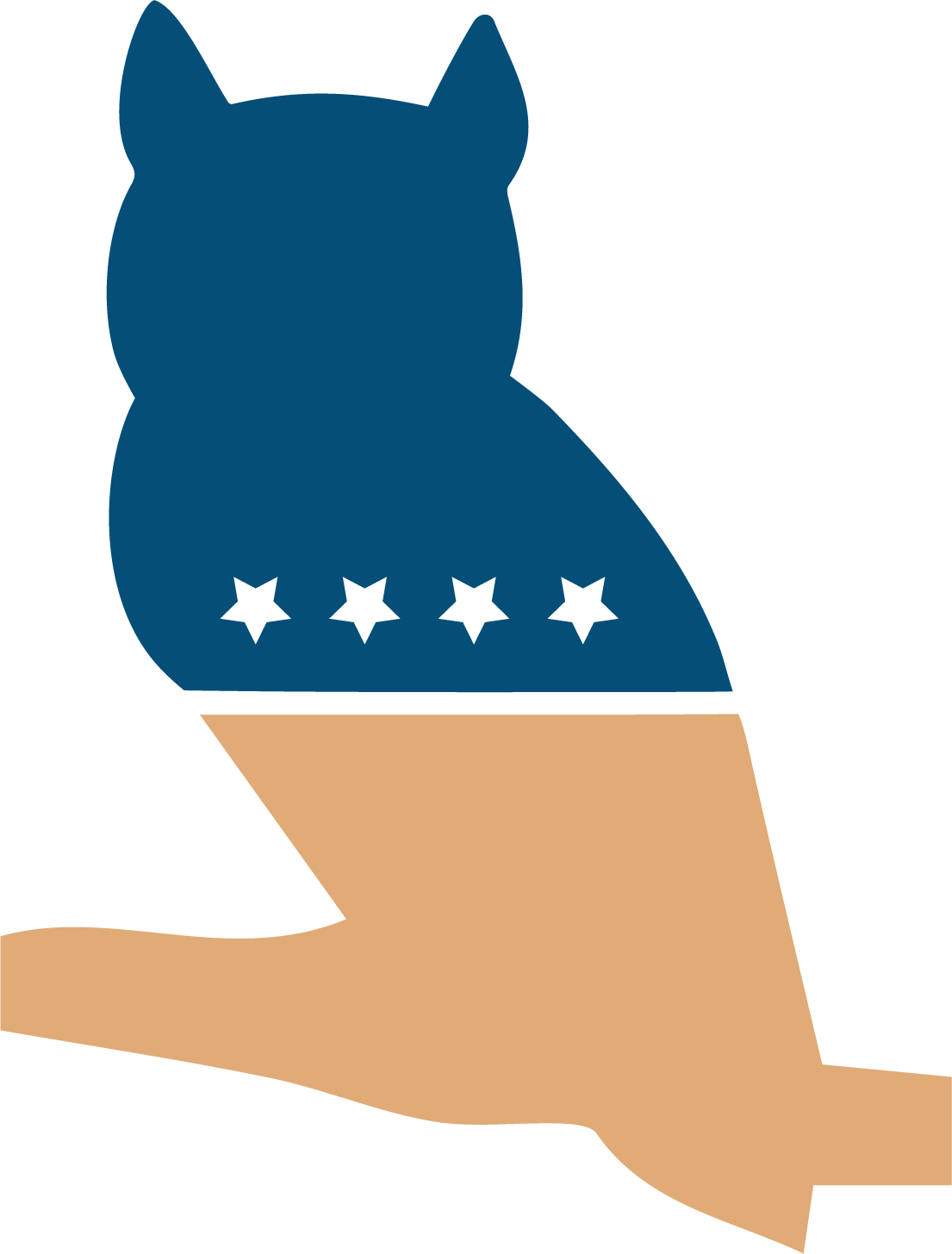The Canary in a Coal Mine
A Personal View of the Invasion of Ukraine
BY Gene Chaas
As I watch events unfold in Ukraine – while kicking myself for failing to see the obvious, or for not being willing to see what my eyes clearly saw – I can’t help but think about Ukrainian President Volodomyr Zelenskyy’s warning to the Free World that we’re next. Is it a sign of desperation, an attempt to draw us in to help more directly? Or is it the expression of a keenly aware and present mind, one which has been grappling with a looming, and growing, feeling of dread for some time?
On the one hand, it’s hard to imagine why Russia would embark on such brute imperialism in the 21st Century, with all the risks involved, simply in order to build an empire. There are other ways to achieve similar goals. Many would say the main purpose is to deflect folks from the poorly performing economy at home; some here in the United States are convinced it’s a form of economic militarism. It’s certainly true that the Russian economy remains dreadfully non-diversified, relying on extractive industries for its trade, like a Middle Eastern kingdom.
Could it be that our disbelief is because the Russian leader doesn’t look like the terrorist we expect to see? Or that our interactions with good Russians – the overwhelmingly vast majority – clouded our eyes? Or maybe it’s because we don’t expect such medieval behavior from a country that at least supposedly considers itself, and wants to be considered as, a modern 21st Century state.
I’ve thought about all those reasons. Yet in the press coverage of Ukraine before the destruction began, another reason jumped out at me. It was clear the Ukrainians are a genuinely happy people. And despite all the Soviet propaganda about “nazis,” Ukraine has a nearly-model diverse society; Christians, Jews and Muslims living in harmony, with respect for each other’s customs and cultures, yet unified under the Ukrainian blue (sky) and yellow (wheat) flag.
It occurred to me there is no place for such a harmonious combination of disparate customs and religions in the Soviet leader’s neo-fascist rewriting of modern history. The acceptance of diversity has been the way for centuries in Ukraine, only disrupted by foreign influence and subjugations. Ukraine was one of the earliest European adopters of Christianity, boasts an historic Islamic religious center in Crimea, and is home to numerous Jewish holy places.
Now, I don’t assume all was perfect in Ukraine. It’s never perfect anywhere. Yet to me it was clear this union of harmony and diversity was one of the main reasons for the blazing hatred of Ukraine on the part of the Russian leader. He looked across the border and saw a happy country, despite all his attempts to subvert it through corruption, pressure and manipulation. Perhaps it was all just too much to take.
That is not to say the Ukrainian people are better than Russians. It is to say the Ukrainian people have managed, in the face of all the challenges, to develop a beautiful democracy in line with the classical liberal principles of the Enlightenment, in a scant thirty years. Their accomplishment becomes even more impressive when you consider the continuous interference of their much larger and more powerful neighbor, one which has always sought to control Ukraine, if not outright “own” it.
For their part, the Russian people have, unfortunately, suffered under the legacy of bolshevism for over 100 years now. The Bolshevik Revolution put Russia outside the European sphere, and there they have sat since 1918, even as Europe has hugged the bear as never before for their own warmth and mobility here in the 21st Century. The lack of integration of Russia into the European and global economy still plagues its domestic production greatly, leaving them with little more to work with other than energy and mining.
And make no mistake, the Russian leader plays on this historical “wall”, even as Western sanctions take all the air out of the Russian economy.
When it was divulged that the Chinese leader Xi Jinping lent his tacit approval to Russian imperialism, it became even clearer that President Zelenskyy was not speaking solely from his emotions, but from an intellect sharpened by observation of, and interaction with, the Russian system. He has warned us of the threat he perceives. It is not just about Ukraine. It is also about the signal the world gives to despots everywhere, and about other states with very large and very threatening neighbors, like Taiwan.
To me, it all means Ukraine is the canary in a coal mine of classical liberalism. It’s the warning of the threat to national self-determination, and to the system of governance where power is granted by the authority of the people. The Russian regime simply cannot stand having such a large model democracy on its border, providing too easy a contrast between success and failure.
The war in Ukraine is not just about defending Ukrainian self-determination and national sovereignty from Soviet imperialism; it is indeed about defending the free world and setting boundaries of proper behavior of nation states.
Gene Chaas is the treasurer of the Modern Whig Institute.
___________________________________________________________
The Modern Whig Institute is a 501(c)(3) civic research and education foundation dedicated to the fundamental American principles of representative government, ordered liberty, capitalism, due process and the rule of law.
Opinions expressed here are those of the author and do not necessarily reflect the views of the Institute or its members.

